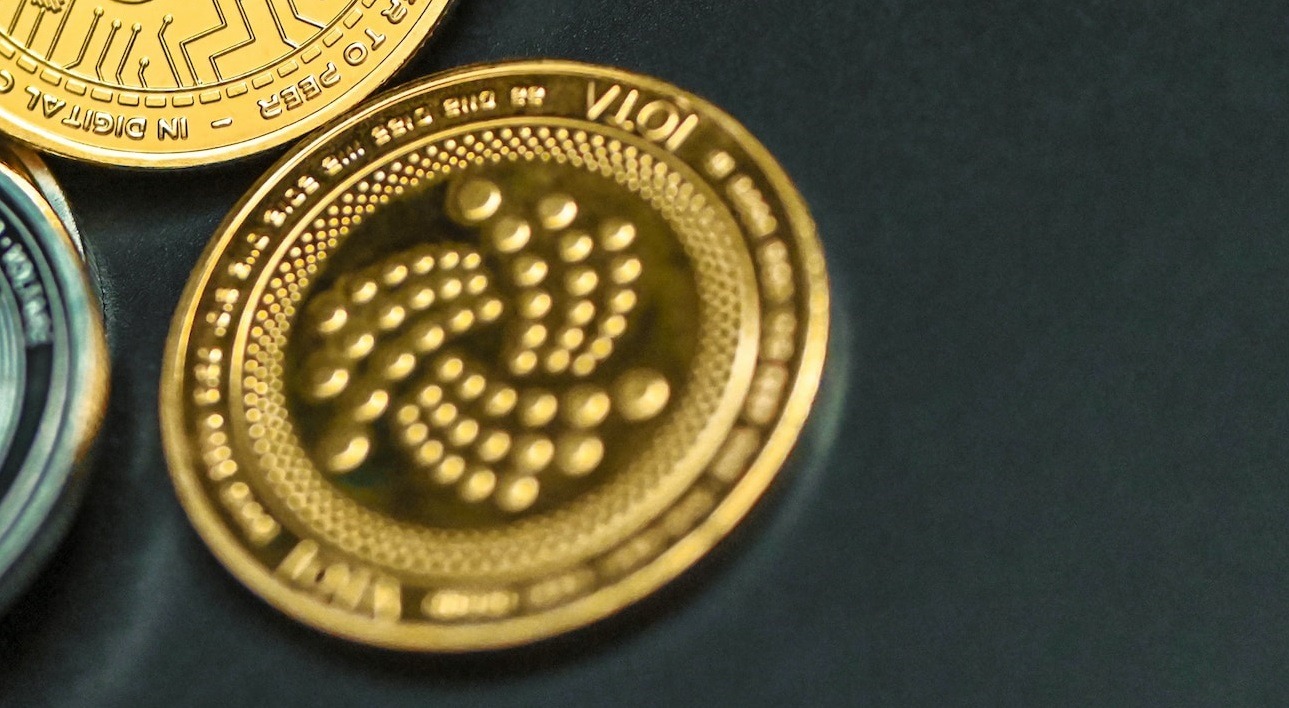
- The IOTA Foundation has successfully completed the EU’s blockchain Pre-Commercial Procurement, positioning itself to contribute to Europe’s next-generation digital infrastructure.
- This milestone supports scalable and energy-efficient blockchain applications across the European Union.
The European Commission has been at the forefront of integrating blockchain technology into its digital landscape. As part of this ongoing initiative, the IOTA Foundation has successfully completed the final stage of the European Union’s blockchain Pre-Commercial Procurement (PCP), standing alongside seven other prominent participants.
Blockchain Advances in the EU
Launched in 2020, the European Blockchain PCP was a strategic move to bolster the European Blockchain Services Infrastructure (EBSI). This network is designed to support cross-border digital services, focusing on scalability, sustainability, and security. The initiative is a cornerstone in Europe’s broader strategy to enhance its digital infrastructure and ensure that the EU remains competitive in the global tech landscape.
The developers involved, including IOTA, have been working diligently on advanced prototypes that leverage distributed ledger technology. These solutions are aimed at specific applications, such as intellectual property rights management and digital product passports. With the successful completion of this phase, IOTA is now poised to contribute to the next generation of blockchain infrastructure under the forthcoming European Digital Infrastructure Consortium for Blockchain (EUROPEUM-EDIC).
IOTA’s Role in Europe’s Digital Future
During this phase, IOTA collaborated with key partners like Software AG and the Universidad Politécnica de Cataluña. Together, they developed solutions incorporating decentralized identities, smart contracts, and advanced data sharding techniques. The ultimate goal is to create scalable and energy-efficient blockchain applications that can operate across the EU’s infrastructure.
Dominik Schiener, chairman of the IOTA Foundation, emphasized the importance of this achievement: “EBSI is a crucial step towards a cohesive digital future for Europe, providing the necessary framework for innovation and collaboration across various sectors.”
EU’s Tech Initiatives
As the European blockchain landscape transitions into EUROPEUM-EDIC, IOTA plans to solidify its partnerships with commercial entities and governmental bodies to bring its prototypes to market. Potential applications for these innovations range from automotive battery tracking to secure intellectual property management.
This progress comes at a time when the EU is advancing its policies and technological capabilities in the blockchain sector. In July, the EU confirmed its collaboration with ChromaWay to develop blockchain-based sustainability solutions. A follow-up workshop in Brussels this September will outline the next steps for Q4 2024 and into 2025.
Despite Europe’s proactive stance on blockchain and emerging technologies, some critics argue that excessive bureaucracy could hinder further progress. Nonetheless, with the completion of this critical phase, IOTA and the EU are well-positioned to lead the next wave of blockchain innovation in Europe.




